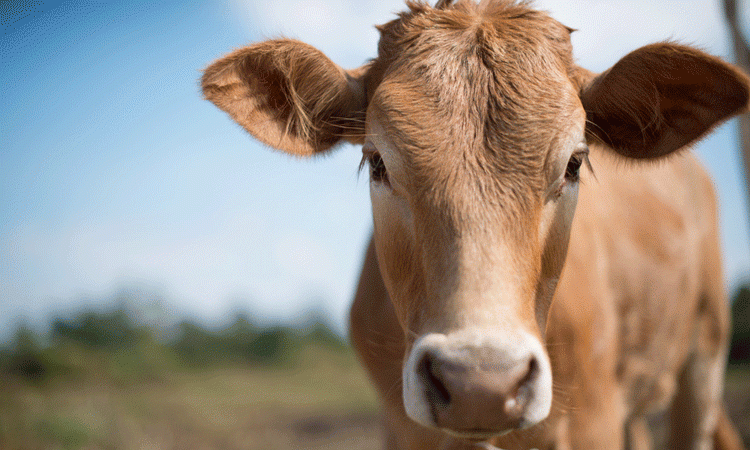US–Japan trade deal is crucial for US beef industry, says UTIA
- Like
- Digg
- Del
- Tumblr
- VKontakte
- Buffer
- Love This
- Odnoklassniki
- Meneame
- Blogger
- Amazon
- Yahoo Mail
- Gmail
- AOL
- Newsvine
- HackerNews
- Evernote
- MySpace
- Mail.ru
- Viadeo
- Line
- Comments
- Yummly
- SMS
- Viber
- Telegram
- Subscribe
- Skype
- Facebook Messenger
- Kakao
- LiveJournal
- Yammer
- Edgar
- Fintel
- Mix
- Instapaper
- Copy Link
Posted: 1 August 2018 | Iqra Farooq (New Food) | No comments yet
Japan is the leading market for US beef, and in 2017 US beef exports to Japan equalled 25 per cent of the total $7.3 billion exports.


The University of Tennessee Institute of Agriculture (UTIA) has indicated that the signing of the Comprehensive and Progressive Agreement for Trans-Pacific Partnership (CPTPP) in March 2018 could be detrimental for US beef exports to Japan.
Countries exporting beef to Japan, party to the trade agreement, will benefit from an immediate reduction, and phase-down of tariffs from their current levels over a 15-year period. Countries taking advantage of this agreement are Australia, Canada, Mexico and New Zealand.
Once a CPTPP member, the president of the US, Donald Trump signed a memorandum officially withdrawing the US from the agreement in January 2017.
Under the arrangement, Japan agreed to reduce tariffs on muscle cuts form 38.5 per cent to 9 per cent, and to phase out tariffs on offal products completely. Meanwhile, US beef wil continue to face tariffs for between 38.5 and 50 per cent, with a global safeguard tariff of 50 per cent when exports exceed a certain level. Thus, the tariff advantage to other countries has raised concerns in the US beef industry about its future in Japan.
Japan is the leading market for US beef, and in 2017 US beef exports to Japan equalled 25 per cent of the total $7.3 billion exports.
Predicted shifts in imports are considerable, with lower tariffs looking to benefit Australian beef at the expense of US beef. Approximations suggest that US beef may decrease by $143 million, and Australian beef could increase by $139 million. Despite Canada, New Zealand and Mexico facing lower tariffs, their estimated increase is predicted to be small in comparison at $4 million. Australia also looks to gain in the frozen beef market with a $162 million increase.
Before the bovine spongiform encephalopathy (BSE) ban in the early 2000s, US and Australian beef exports were comparable, and US exports occasionally exceeding Australian exports. Following the BSE ban, US exports declined by 74.7 per cent. This took the industry 8 years to recover, and while the industry has improved, Australia still accounts for the greater share of Japanese beef imports.
“As exporting countries, other than the U.S., aggressively pursue free trade agreements or FTAs, U.S. agricultural sectors such as beef could be disadvantaged, if we stay out of the FTA game,” says UTIA trade expert and Blasingame Chair of Excellence Andrew Muhammad. “Overall, the report highlights why it is important for the U.S. to stay engaged in international trade negotiations in order to maintain its competitive edge in global markets.”
The current arrangement looks to affect many involved in the industry, from the cow-calf producers, to the packers. Similar tariff reductions for the US could eliminate these negative effects and benefit all countries involved.








